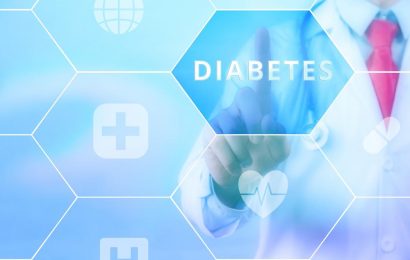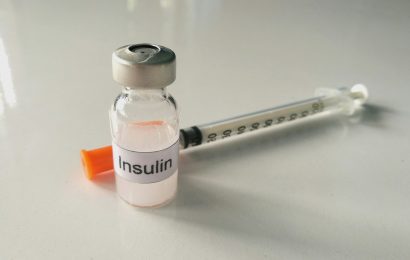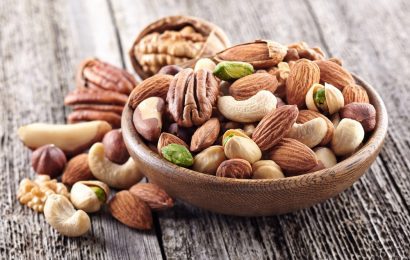Well, that settles that. Between Jan’s blog entry ("Careful, Your Prejudice is Showing") and mine ("Not So Fast With the Insulin?"), we received over two dozen separate stories on insulin in Type 2 diabetes. NONE were negative about insulin. Most were extremely positive, and very critical of doctors who had denied people insulin or taken them off it.
Dr. Roger Unger and other insulin critics fail to consider the patient in their prescription. As our commenters posted, people with diabetes often feel better immediately after starting insulin. They have the energy and the confidence to make other changes (e.g. exercise), which they wouldn’t have done when their blood glucose was up. So they start to get better.
If you just take insulin and say “Cured!” you will probably get worse because of weight gain. But if you take it as part of a self-management plan with food and exercise strategies, it can help a lot. At least, that’s what our posters wrote. I think we should write this up as a letter to Diabetes Care so doctors can see it.
So, Does Fat Contribute to Type 2?
Dr. Unger et. al. say that Type 2 diabetes is caused by obesity, and that’s all she wrote. Is there any truth to their belief? Well, there is one grain of truth. Fat cells release chemicals called “adipokines” and other substances that can increase insulin resistance. But there are different kinds of fat.
Fat in the buttocks and legs may actually be health-promoting. It puts out very few adipokines. “Subcutaneous” (under the skin) abdominal fat may have a role in insulin resistance, but this is not certain. As I wrote in my books and Jan wrote last week, abdominal liposuction doesn’t help insulin function, so abdominal fat may not be the culprit.
The problem is probably mostly with the “visceral” fat (fat around the organs.) Visceral fat definitely contributes to insulin resistance and heart disease. Visceral fat cells seem to produce far more adipokines and other harmful chemicals than other types of fat. Unfortunately, you can’t see visceral fat. There are tests for it, if you can get one. It’s important to note that normal-weight people can have a lot of visceral fat.
Do Doctors Dislike Type 2?
Several commenters on Jan’s blog entry wrote that doctors seem to look down on, or even dislike their Type 2 patients. As a nurse, I have seen this, too. Docs will say things like “People can’t change their behavior,” or “There’s nothing I can do for them.” Doctors get discouraged because they can’t cure Type 2, and they sometimes blame the patients.
A lot of this has to do with weight prejudice. I have written about social prejudice against weight before. People think that overweight is caused by “lack of willpower,” or some kind of personal failing.
Unfortunately, heavy people often embrace this unfair, unhelpful, and plain wrong view. This “internalized oppression” can sap your self-confidence and self-esteem, making change harder.
The reality is that overweight comes from many sources, none of which relates to “willpower.” The environment is toxic with stress, unhealthy food, and barriers to exercise. Food often feels like the best medicine for stress and for painful emotional states like depression. And some people are genetically programmed to gain weight if they get the chance.
As I learned at a seminar at the University of California San Francisco last week, much of the genetic programming comes from stress. Stress experienced in the womb, or as an infant seems particularly likely to encourage fatness. But if your mother, or her mother, or even her mother’s mother was stressed, weight-gaining tendencies may be passed down to you.
(It’s not that your genes change in response to stress. They don’t. But they can get turned on or off, or their functions can be modified by the environment, or your ancestors’ environment. This is called “epigenetics” or, more broadly, “environmental determinants.”)
If you have this early programming, stress will continue to promote weight gain throughout your life. This doesn’t mean you can’t get in shape. You can! But buying into the “blame the patient” idea will make things harder. It will increase your stress and lower your self-confidence.
Being aware of the role of genetics and stress in weight may help you gain some control over them. Next week I’ll write about how, citing some great letters I’ve received from DSM readers.
For now, I can just say that I think that physical activity and emotional balance are the most important things. If you can feel loved (especially by yourself) and keep your body moving, you can get in shape. I know these are major ESTDs (easier said than dones).
It would help if you wrote in with some of your experiences with weight prejudice, including internalized oppression. And how does knowing about the genes/stress/weight connection make you feel? Does it help you at all? Please let us know.




